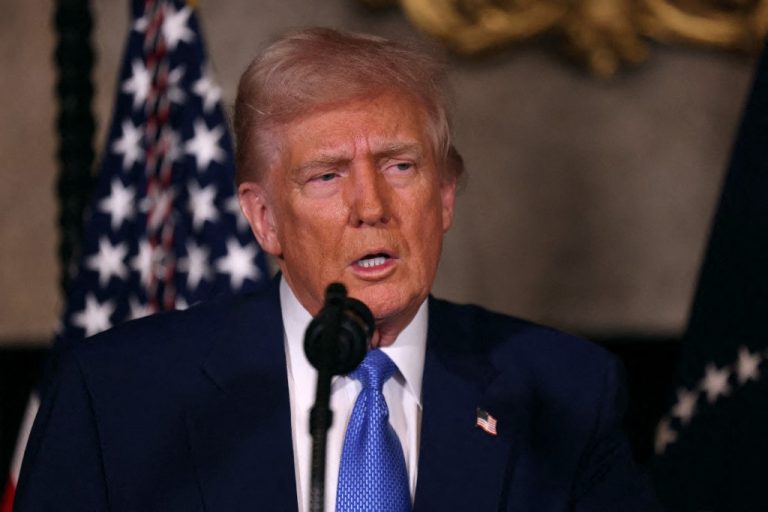
U.S. President Donald Trump has announced a sweeping set of tariffs, including a 14% levy on Nigerian exports, as part of his broader “reciprocal tariffs” policy aimed at countering what he calls unfair trade practices.
Speaking at what he dubbed “Liberation Day,” Trump declared that the U.S. would impose tariffs amounting to roughly half of what other countries charge on American goods.
Among the nations affected is Nigeria, which will now see its exports to the U.S. taxed at 14%, in contrast to the 27% tariff imposed by the Nigerian government on U.S. goods.
In 2024, Nigeria exported goods worth N931 billion ($1.1 billion) to the United States, primarily crude oil, while importing N1.05 trillion ($1.2 billion) worth of American products.
Presenting a chart to illustrate the tariff adjustments, Trump pointed out that China levies a 67% tariff on U.S. goods, prompting a new 34% tariff on Chinese imports. Similar tariffs have been set for other countries: 20% for the European Union, 46% for Vietnam, 32% for Taiwan, 24% for Japan, 26% for India, 25% for South Korea, 36% for Thailand, and 49% for Cambodia.
Trump concluded the White House Rose Garden event by signing two executive orders. The first shuts down the “de minimis loophole,” which has allowed China to export low-cost goods to the U.S. without paying import duties. The second officially implements the “reciprocal tariffs,” including a 25% tax on all imported vehicles and tariffs ranging from 10% to 49% on all other foreign goods.
Trump claimed the tariffs would generate $6 trillion in investments, but experts caution that such duties are typically absorbed by American businesses and consumers, effectively making it one of the largest tax hikes in U.S. history.
The European Union, facing a 20% tariff on all exports to the U.S., has yet to respond. European Commission President Ursula von der Leyen is expected to issue a statement later today.









